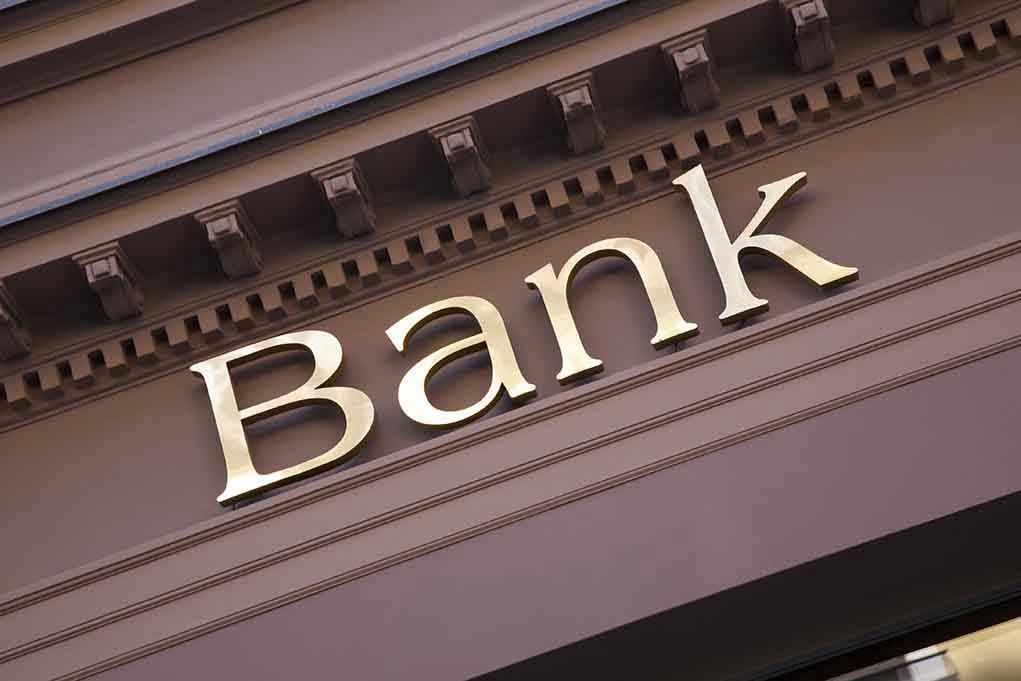
Major Wall Street banks enabled Jeffrey Epstein’s financial empire for years after his sex crime conviction, exposing a compliance crisis that shakes trust in elite institutions.
Story Snapshot
- Top banks like JPMorgan Chase, Deutsche Bank, and Barclays continued business with Epstein after his 2008 conviction for sex crimes.
- Regulators and the public now question how compliance failures allowed these ties to continue until Epstein’s 2019 arrest.
- Institutional risk management and due diligence processes at major financial firms are under intense scrutiny.
- This scandal highlights the dangers of powerful elites operating above the rules while everyday Americans face strict oversight.
Elite Banks Enabled Epstein’s Operations Long After His Conviction
From 2008 to 2019, some of the world’s most powerful financial institutions—JPMorgan Chase, Deutsche Bank, and Barclays—maintained lucrative relationships with Jeffrey Epstein, even after his conviction for soliciting sex from a minor. Despite clear legal and reputational risks, these banks continued to provide essential financial services, helping Epstein manage his wealth and maintain influence in elite circles. The revelation of these ongoing partnerships has ignited outrage among those who expect accountability from the financial sector, especially when average citizens face increasing scrutiny from regulators.
The Wall Street Firms that Kept Ties with Epstein Until the End: https://t.co/YNN8pupOP2
— Josh Dawsey (@jdawsey1) October 1, 2025
This pattern of elite protection stands in stark contrast to the treatment of ordinary Americans, who are subject to rigorous oversight for far less serious infractions. The fact that Epstein remained a valued client underscores a double standard where the wealthy and connected enjoy privileges unavailable to the majority. Conservative critics argue that this is the inevitable result of a system corrupted by globalist priorities and woke corporate agendas, which often prioritize profits and influence over ethical conduct and the common good.
Regulatory Failures and the Erosion of Public Trust
The continuing business ties between Epstein and major banks reveal significant lapses in due diligence and compliance. Even after federal prosecutors, the FBI, and multiple investigative journalists exposed Epstein’s criminal activities, these institutions failed to sever ties until his 2019 arrest. Regulatory agencies have since launched investigations, but questions remain about how such oversight failures persisted for over a decade. Many Americans see this as further evidence that the financial elite operate by separate rules, undermining trust in both government oversight and the rule of law. The delayed response from regulatory bodies has done little to restore confidence, and instead, has fueled calls for reforms that prioritize ethical accountability over unchecked profits.
Federal regulators have imposed consequences on the banks involved, but the damage to public trust is already done. The compliance breakdowns highlight a broader culture of tolerance for high-risk, high-profile clients, as long as they generate significant revenue. This case has become a rallying point for those demanding more transparency and accountability from both Wall Street and the government agencies tasked with policing it.
Key Figures and the Culture of Elite Protection
Epstein’s ties to powerful individuals—including financiers like Leon Black and socialite Ghislaine Maxwell—further illustrate how access and influence shielded him from the consequences that others would inevitably face. These relationships provided Epstein with not only social legitimacy but also potential business opportunities that facilitated his ongoing dealings with major banks. The fact that Bear Stearns, where Epstein began his career, played a pivotal role in his financial ascent only deepens skepticism about the culture of mutual protection among elites.
Many Americans, especially those who value constitutional principles and equal justice, view this as a prime example of how the system has been distorted by those at the top. The lack of early intervention, despite mounting evidence and public outcry, signals a dangerous precedent where accountability can be bypassed by wealth and connections. This situation is a wake-up call to demand reforms that protect the integrity of our financial and legal systems from those who would exploit them for personal gain.
Regulatory Backlash and the Push for Real Reform
The fallout from the Epstein scandal continues to reverberate across the financial industry. Regulatory agencies have increased scrutiny on high-net-worth clients and implemented stricter onboarding and monitoring procedures. However, many conservatives remain skeptical, warning that without meaningful changes to the culture of accountability, similar failures will persist. The case serves as a powerful reminder of the need for a return to traditional values—personal responsibility, transparency, and equal treatment under the law—principles that must guide both Wall Street and Washington if trust is to be restored.
While regulators scramble to repair the systemic weaknesses exposed by this scandal, the lesson is clear: unchecked power and privilege breed corruption. For those who believe in limited government, strong families, and the defense of constitutional liberties, the Epstein affair is a stark warning of the dangers posed by institutions that place profit and prestige above principle.
Sources:
Britannica: The Epstein Files – A Timeline
Fox Business: Jeffrey Epstein’s Wall Street connections and child sex trafficking
American Banker: A look into Jeffrey Epstein’s impact on the banking industry
ABC News: The rise and fall of Jeffrey Epstein: A timeline of the financier’s legal troubles




